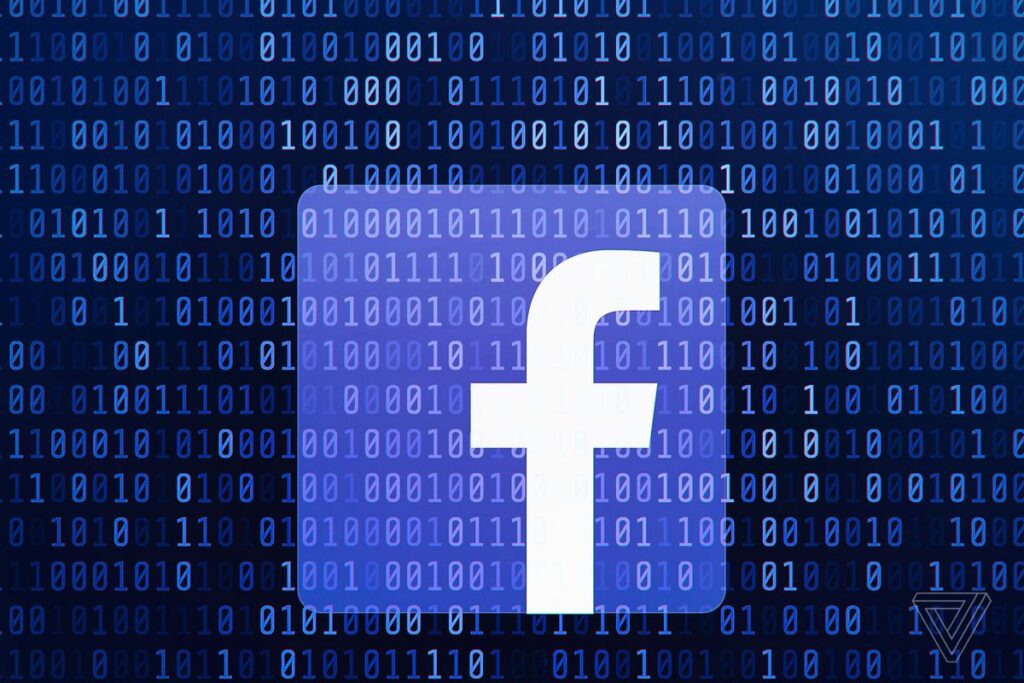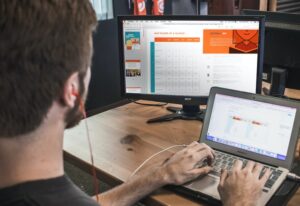A large amount of self-assurance might be harmful. The optimism that greeted the Facebook IPO has evaporated, as Mark Zuckerberg reflects on Facebook’s share price and industry experts scramble to explain its issues.
So, how did everything go so horribly wrong? The crowdsourced prediction site FacebookIPODayClosingPrice.com may provide one clue. The idea for the site was prompted by venture capitalist Chris Sacca’s suggestion that someone build a forum where experts could register their pre-election forecasts before election day. It makes sense in a way because share markets are notoriously unpredictable. Who is better equipped to forecast something based on the desires of a crowd than a crowd?
A total of 2,261 Twitter users had predicted a price of $54 at the end of voting. In the following 15 days, the price dropped by another 17 percent to $32.73 before rebounding to nearly $38 (before dropping to a truly awful low of $30.94). Billionaires make mistakes, but crowds are supposed to be perfect (or at least wise), correct? So why did the crowd get it so wrong?
The Social Net Worth
First and foremost, I’m interested to know whether the crowd had truly bet its own money on the price it would have made a more reliable estimate. The site, however, did everything right to fully utilize the predictive power of group intelligence: non-expert members were not excluded, there was a lot of discussion on Twitter, and the experiment appeared to attract a balanced range of opinions.
However, a brief Twitter stalking session reveals that out of the 26 voters who accurately predicted a closing price of $38, just three were professionals (a Google+ engineer, a tech entrepreneur, and an analyst at Bloomberg). The correct answers came from all over the world, including Swiss web designers, Australian students, and American Hockey fans.
In reality, it appears that the most incorrect predictions were made. When the results are ordered by number of followers (with Chris Sacca’s 1.338 million followers taking him and his guess of $56 to the top of the list), it becomes obvious that venture capitalists, industry experts, and pundits were overly optimistic in their forecasts.
The more you know, the less you know
This isn’t much of a surprise to readers who know about the concept of collective ignorance, which refers to the spooky ability of non-experts masses to make more accurate predictions than teams of experts under particular circumstances. The end result is partially attributable to the fact that insiders are more sensitive to the hype and have a higher stake (in some cases, literally) in the outcome.
Although the sample size of 2,261 is insufficient to produce definitive judgments, the findings of Proud’s study are in line with what we know about channelling collective wisdom. Despite the fact that there were hundreds of analysts, entrepreneurs, and investors making forecasts, it was the average person who came closest to the mark.



